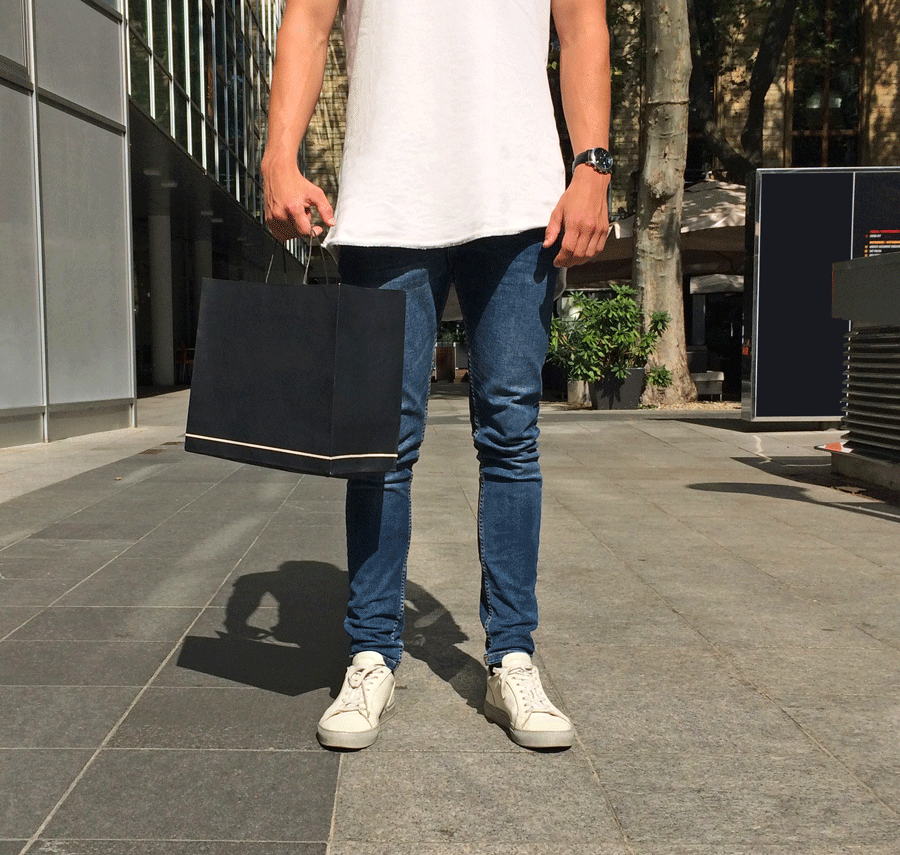Lauren Leblanc of Altamonte Springs is a 51-year-old receptionist, but she’s also an undercover agent of sorts.
Leblanc is a mystery shopper, supplementing her income by $1,000 to $2,000 a year with a few assignments per week.
“They give you a scenario about what you are supposed to buy or ask for,” Leblanc said. “Then you go back and fill out a report online.”
With assignments delivered to her smartphone, she poses as an average customer and collects a fee, usually $10 to $20, to buy a small item or eat a meal. Then she files her report.
As internet competition grows and bad online reviews can be devastating to business, companies are looking for unbiased feedback to make sure employees are following policies, shelves are stocked and businesses are clean, said Mike Mershimer, president of MSPA Americas, a trade group for mystery shopping companies.
The industry shrank during hard economic times as companies cut advertising and research budgets, but mystery shopping has come back in recent years. Pair this with new technology and a growing desire for people to pick up side work, and Mershimer said mystery shopping has never been bigger.
“People think they are James Bond, they go in disguise and they don’t want to be identified,” Mershimer said. “It can be a lot of fun and it’s a legitimate business and can be lucrative.”
One of the biggest gatherings of mystery shopping companies in the world is this weekend for MSPA Americas at the Rosen Plaza Hotel Orlando, with dozens of mystery shopping companies looking for contractors and workshops for mystery shoppers to break into new aspects such as video surveillance.
For the companies commissioning mystery shoppers, it’s a way to get feedback that’s hard to measure in data and surveys, said Tracy Kizer, an associate professor of marketing at Rollins College’s Crummer Graduate School of Business.
“People go online to make a comment when they’ve had a negative experience,” Kizer said. “If you are a company, you want to get an unbiased opinion of a typical experience.”
Mystery shopping extends well beyond the retail fields, said Rich Bradley, the Orlando-based chief operating officer for mystery shopping company Ath Power Consulting, which has an office here. Banks, car dealerships and government agencies such as motor-vehicle departments are using more mystery shoppers.
The biggest mystery-shopping firms pay as many as a half million employees, but most of the work is done by about 25 percent of that group, Bradley said.
Ath Power specializes in the banking industry. Longwood-based Shoppers’ Critique International works with theme parks, auto manufacturers, cellphone providers, venues and homebuilders, in addition to restaurants and retailers.
Some jobs don’t pay at all, but mystery shoppers get free movie tickets, a free meal at a restaurant or even free products. Some jobs pay $200 for specialized requests, such as test driving luxury sports cars.
Mystery shoppers sign up with companies online, which send emails or call with job offers. Several of the larger companies, such as Secret Shopper, have mobile apps.
But mystery shopping can be daunting to the uninitiated. There are 145 companies registered with MSPA, formerly known as the Mystery Shopping Providers Association. It’s loosely organized and no group tracks data on the size or scope of the mystery shopping industry.
However, a handful of online forums and social media groups can guide mystery shoppers as well.
The experience can vary. Mystery shoppers often go into a shop and either ask for a certain product, see if items are stocked or make a predetermined purchase. At movie theaters, they can check that movie trailers are played in the right order.
At banks, mystery shoppers ask about checking accounts or credit card applications. Even cruise lines use mystery shoppers.
Leblanc started mystery shopping 16 years ago. stores, restaurants, movie theaters and hotels.
The more appealing or higher paying the assignment, Leblanc said, the more feedback is required.
And mystery shopping firms don’t want opinions, they want facts, she said.
“I wouldn’t suggest someone try a hotel first, that’s a lot of work,” Leblanc said. “A convenience store would be a good place to start.”
This article originally appeared at orlandosentinel.com by Kyle Arnold on June 15, 2017.

